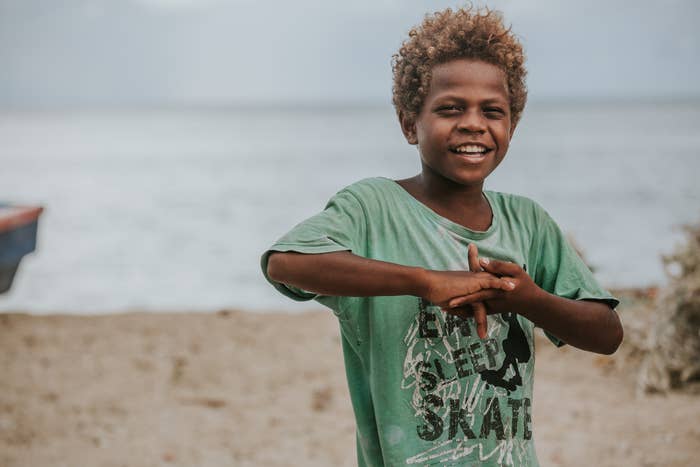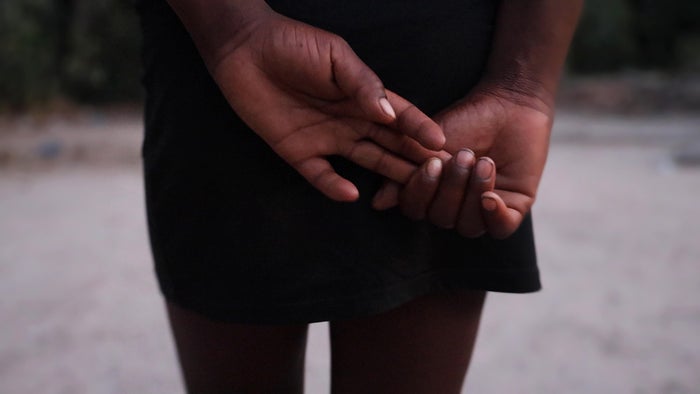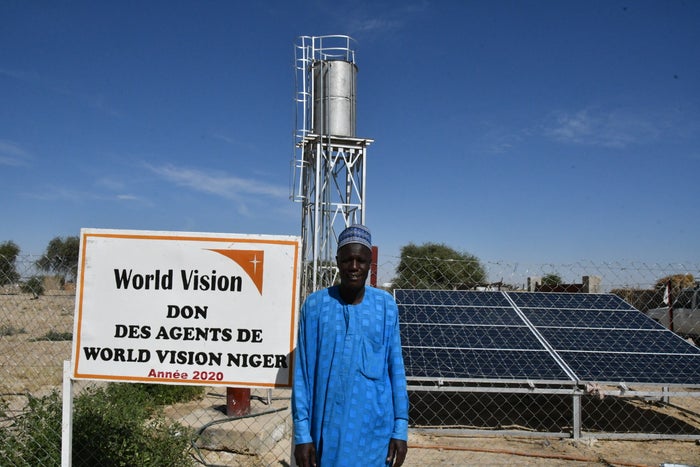For many years climate change has been highly controversial, dividing governments, science, corporations and the social world. Whether you’re hot or cold on climate change, this is what we know...
Climate change affects people and whilst people may debate data, we can not debate the changes we see.
In the communities we serve, changes in climate have devastating affects on children and their futures. Unpredictable and changing weather drastically increases the difficulties many already face, with food insecurity being one of the most urgent needs and threats.
Climate and poverty are connected in ways we rarely see on the news.
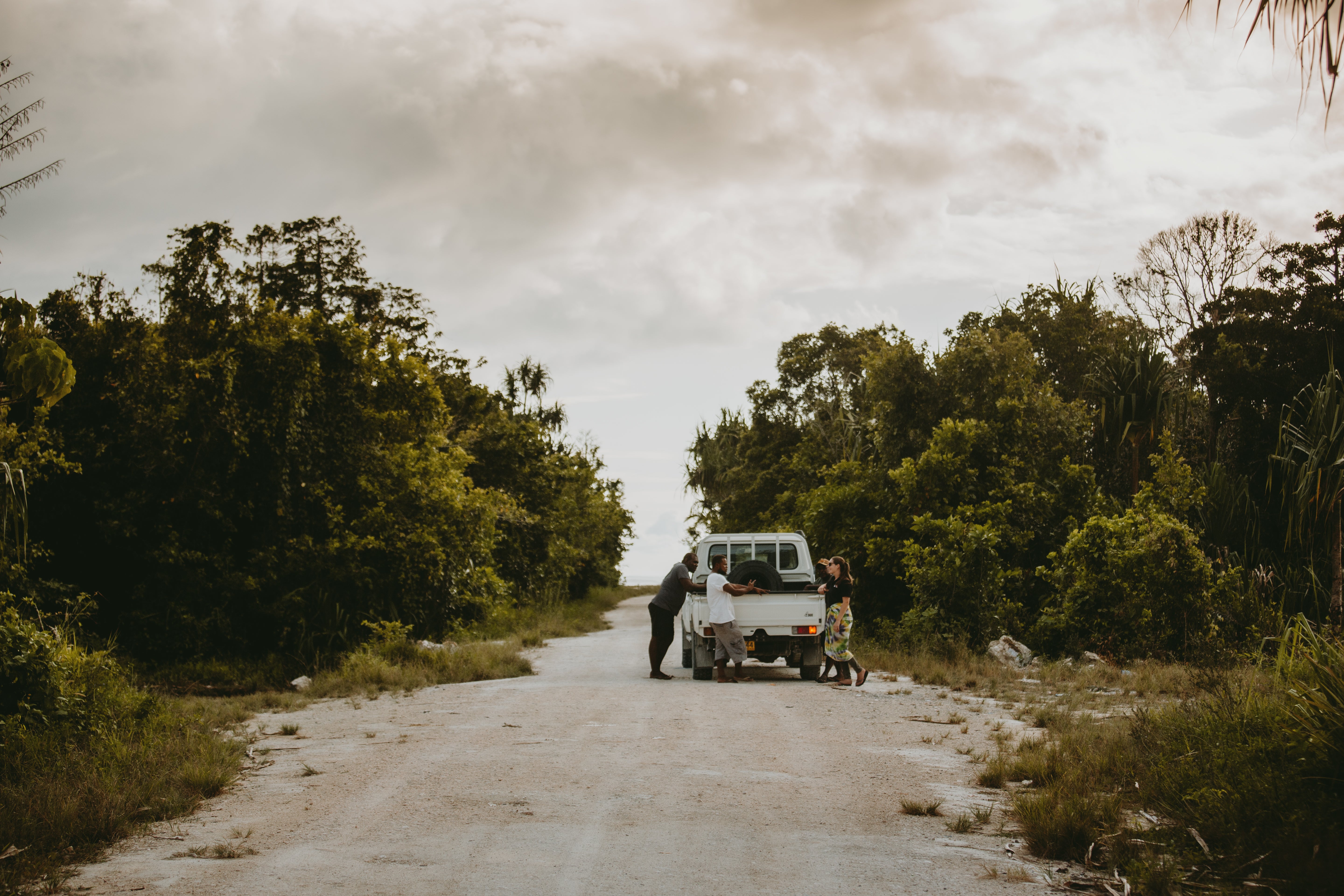
The two remote islands, Kwai and Ngongosila, in East Malaita, are already experiencing the effects of climate change in their daily lives. Once living in a location with an abundance of fish, the islanders are struggling to maintain their livelihoods.
Klezer Gaspar
Often our social media feeds feature 'pray for' images associated with devastating fires, hurricanes, earthquakes or freezes. However, in many of the places we work the effects of climate change is not as simple to recognise or post about. Its complex and connected, compounding underlying poverty and need.
Most people would not connect climate change with child marriage, school drop outs, child labour, forced displacement, business failure, mental health, child neglect, child exploitation or famine and hunger, but for the families we serve, that is the reality of climate change.
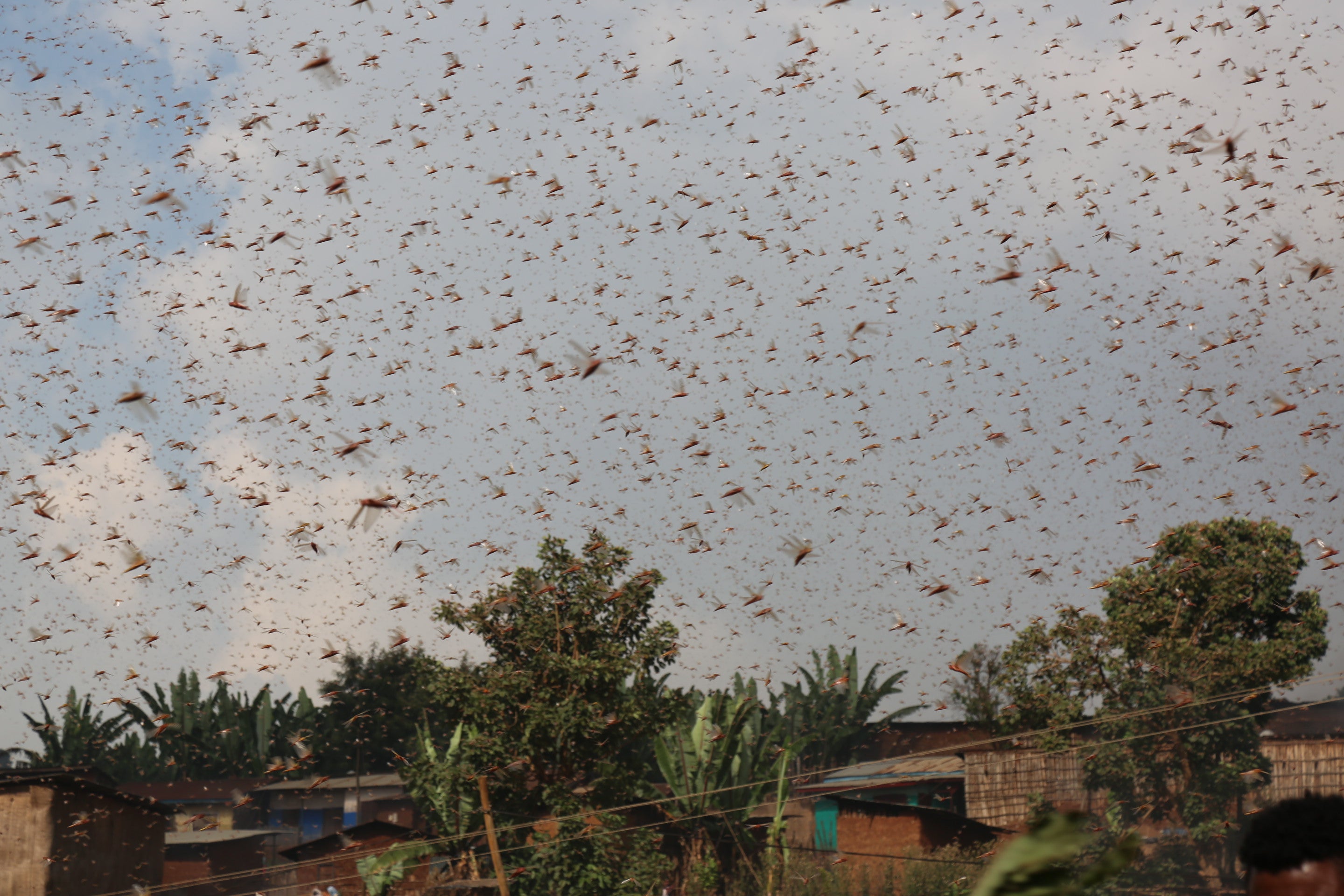
According to FAO (January 2020) report Ethiopia is experiencing the worst Desert Locust (DL) invasion in 50 years. The swarm of locust affected 125 districts of which 73 have breeding sites the report added. The invasion has destroyed crops, livelihoods, forest cover, agriculture businesses and is contributing to severe food insecurity, in Ethiopia and neighbouring countries.
Kebede Gizachew
Climate change affects us all, but it’s the those least responsible who are paying the highest price.
Building sustainable futures for children and families requires innovation and climate resistant initiatives that are adaptable to change. Like planting climate resistant crops in DRC, building solar panel water wells in Afghanistan or Niger or developing a world renowned FMNR program (re-greening and re-forestation of barren land) and providing training for farmers and youth in 29 countries, watching communities restore land and begin sustainable businesses.
We’ve seen the effects of change climate on the most vulnerable. In the most dangerous and complex places, hot or cold, we're working to ensure children and families survive disasters, recover well and can build sustainable futures.
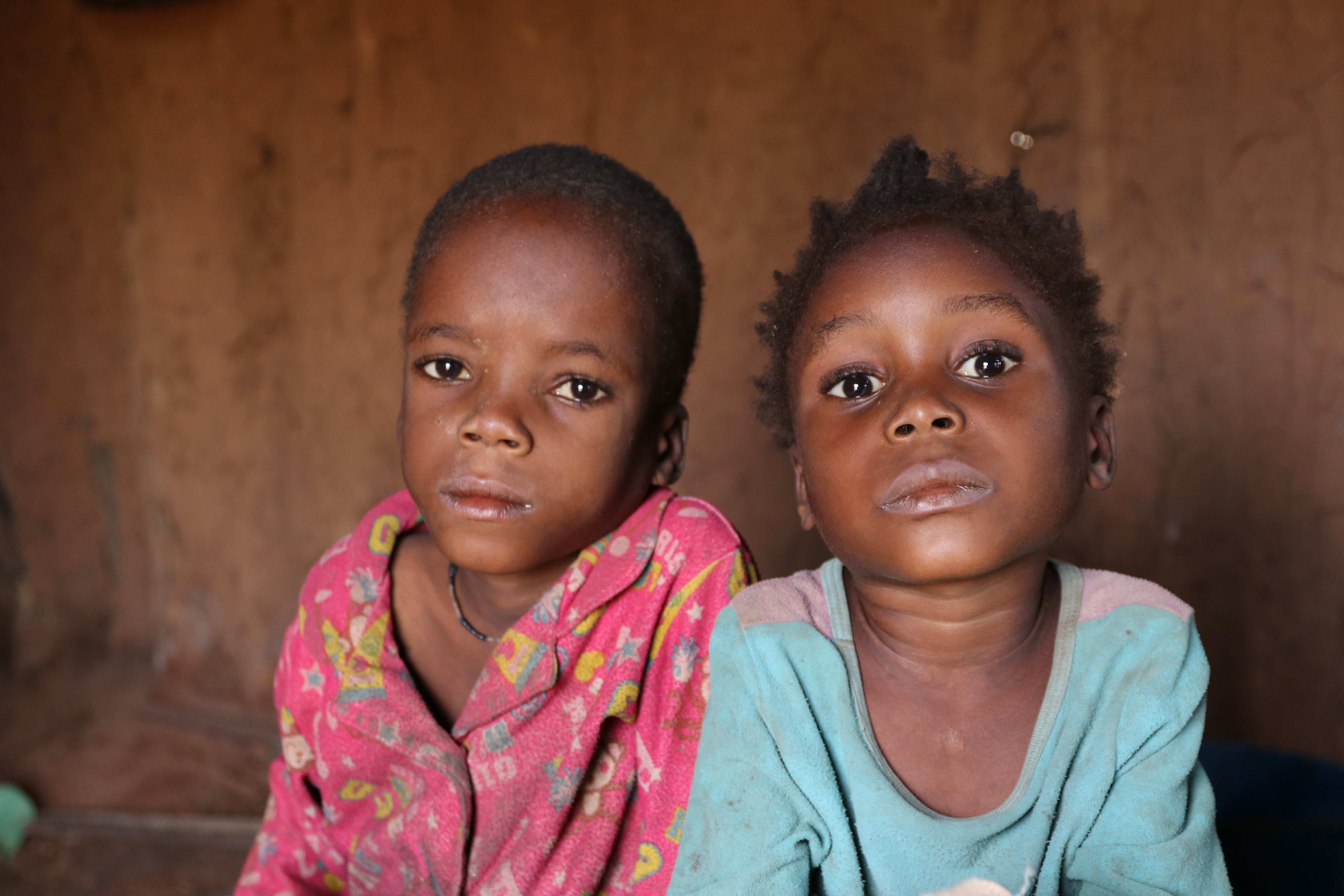
Brother and sister Pedro (left) and Teresa (right) are both severely malnourished. Pedro’s condition is more critical. In Angola where the siblings live, the UN World Food Programme (WFP) warns that hunger and severe malnutrition is on the rise, as the country experiences its worst episode of drought in four decades.
Suzy Sainovski
